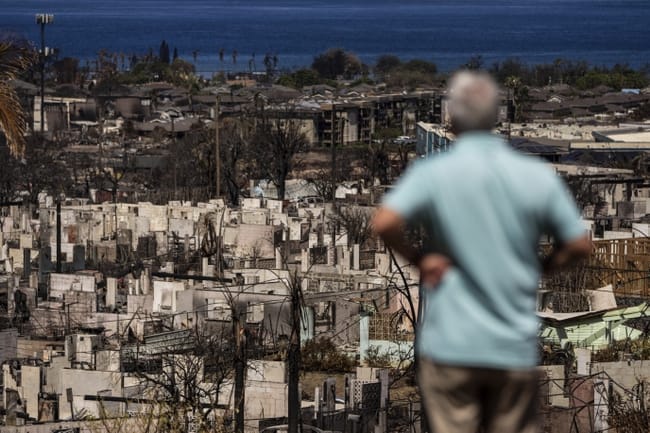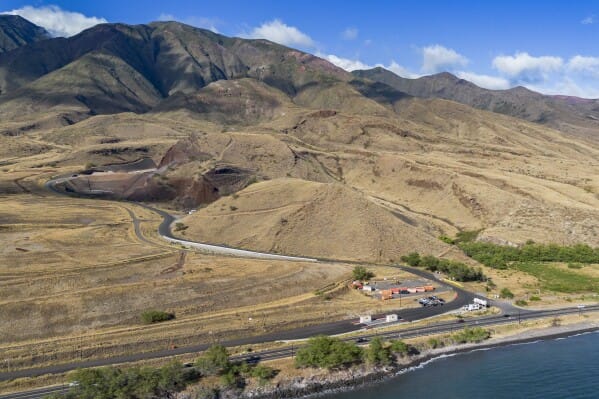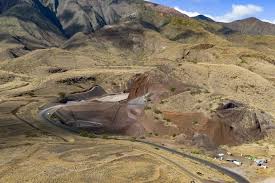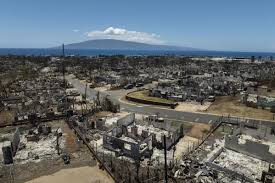Maui's Toxic Debris: Peace Network’s Role in Addressing Environmental and Humanitarian Challenges

The recent wildfire that ravaged Lahaina, Maui, has left behind a massive environmental and logistical challenge. The debris from the blaze, accumulating to a volume that could cover five football fields five stories deep, is currently stored in a temporary landfill in Olowalu. This site, a former quarry on state-owned land, was chosen to quickly contain the refuse from the fire, which destroyed thousands of buildings and claimed numerous lives.

However, this solution has sparked a heated debate regarding the landfill’s suitability and long-term impact. Concerns are mounting over potential contamination of nearby coral reefs and the desecration of sacred Hawaiian sites. Local residents and environmental advocates fear that the landfill could harm the ecosystem and their cultural heritage. This has led to legal disputes over whether the debris should be relocated or even shipped out of state.
Amidst these complex issues, the Peace Network is making a significant impact through its innovative approach to disaster relief and humanitarian support. While the organization is known for integrating blockchain technology into its operations, its immediate focus is on providing practical support for environmental and humanitarian challenges.
Peace Network's Innovative Approach to Disaster Relief
The Peace Network leverages technology and volunteer support to address both the immediate and long-term needs of affected communities. Their Peace Coin mining system helps generate funds for disaster relief, allowing for efficient and transparent allocation of resources. This system ensures that donations are used effectively and provides a clear record of how contributions are utilized.

Technology and Volunteer Training
A critical aspect of Peace Network’s response is its emphasis on equipping volunteers with advanced tools and training. These volunteers are prepared to work in challenging environments, such as those affected by the Maui wildfire. Their training includes managing debris removal, assessing environmental damage, and supporting local communities. This support is vital in areas that are difficult to access and where traditional aid mechanisms might not be sufficient.
Global Charity Missions
In addition to addressing immediate needs, Peace Network engages in global charity missions to support underserved regions. These missions provide essential supplies, medical aid, and support to communities in need. By maintaining a global perspective, Peace Network can address both immediate and long-term needs, helping to build resilience and capacity in vulnerable areas.

Comprehensive Response to Environmental and Humanitarian Challenges
The Peace Network’s efforts highlight a comprehensive approach to disaster relief, combining technology with hands-on support. Their use of blockchain technology for transparent aid distribution, along with their focus on training and global charity initiatives, demonstrates a commitment to tackling crises from multiple angles.
As the debate over Maui’s debris management continues, Peace Network’s model offers valuable insights into how technology and dedicated humanitarian work can address complex issues. Their innovative use of blockchain, coupled with their focus on volunteer training and global charity, sets a standard for effective disaster response. By integrating modern technology with on-the-ground support, Peace Network is making significant strides in managing both immediate and long-term challenges in disaster-affected areas.

